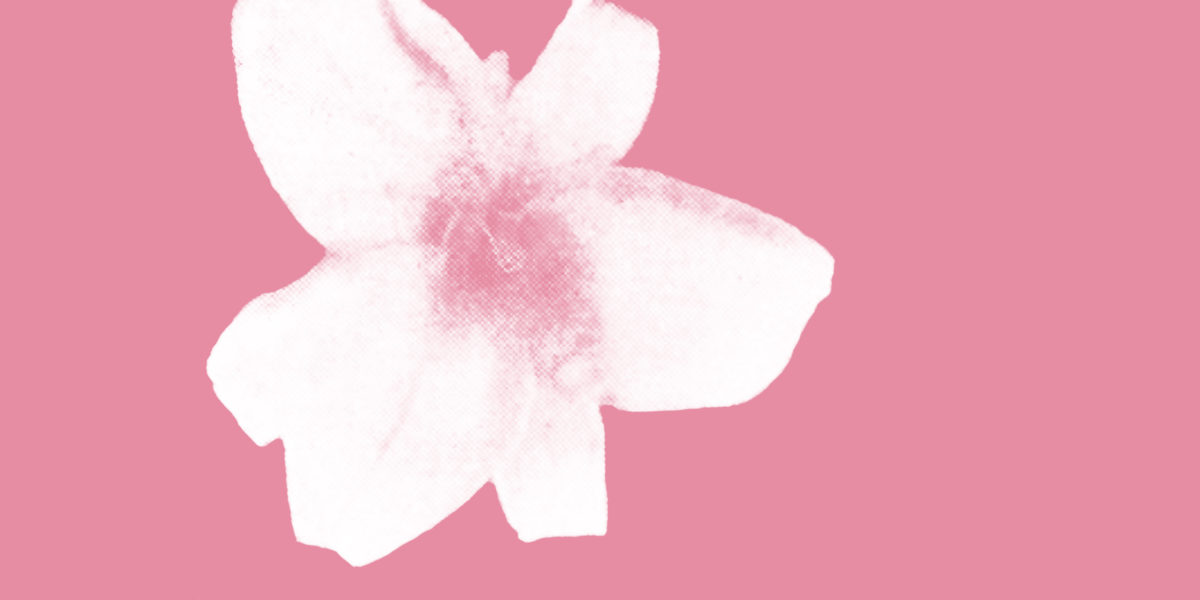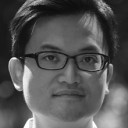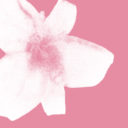Every time when I come home, I take off my shoes in front of the door and walk inside my flat. I put down all the stuff on the floor. I sanitize my shoes (outside my flat) with alcohol spray and put them into a covered shoe rack. Then I run to the bathroom to wash my hands thoroughly for 20 seconds, take off my mask, put it into a recycled bag and throw it into the bin. Then I wash my hands thoroughly for 20 seconds again. I use the facial tissues with alcohol to clean my eyebrows, forehead, hair and glasses. I take off my clothes and trousers and sanitize with spray. I sanitize every stuff I have brought from outside. After the tiring sanitization process, I wash my hands thoroughly for 20 seconds again. And then, I can relax on the sofa.
I’m like a paranoid. I know. But it’s exactly what we did in SARS in 2003. And, luckily, we survived.
It’s true that Hong Kong people believe masks help protect oneself and the others, just like a strong religious faith. Hong Kong is small and crowded. It’s hard to distance oneself away from the others in a 2-metre distance. Masks serve a reliable protection against wide-spread of saliva and virus. Moreover, it will prevent you from touching your nose, mouth and eyes unconsciously.
Social distancing is annoying, especially difficult for a teacher. I’m teaching Dramaturgy and Playwriting at Drama School. Since the first case was found in Hong Kong, I have started to work from home. I have learnt how to use online apps to do my lectures. I can still handle it since the class size is small. Surely, it can’t replace face-to-face teaching. For instance, it’s impossible to split students into groups to do discussion and presentation. My colleagues find it impossible for teaching acting, voice and movement as well.
One of my lectures is titled as ‘Drama in Literature’ and we study the works of Haruki Murakami in details. There are 7 lectures according to the original schedule and it will come to an end at the end of April. I promise to have 2 extra lectures with them, but they are still worried. They said, if there’s no lecture to push them to closely investigate literature, they will feel empty and seem to have nothing to do. I understand. The first semester of this academic year (2019-2020) had some suspensions of classes too because of the social movement. Students in this year are living under an atmosphere of depression.
Hong Kong has never locked down completely. People can freely go outside, but the streets are deserted. Simultaneously, Hong Kong Police have never stopped arresting activists, mostly young people. In these two months, the Hong Kong Police kept attacking them on the streets during protest, some of them were seriously injured. Some were arrested while they were staying at home. The newly elected District Councilors attended the protests and attempted to serve as witnesses, but they were arrested too. Some young people disappear and no one knows where they have gone. Few bodies of unknown identity are found in the sea. Two weeks ago, someone was said to jump from a high-rise, however, the body has already been rotten for a long time. The Police said it’s not suspicious. Like what happened before the pandemic. Ironically, the Government still raises the salary of Hong Kong Police drastically and spends much more on purchasing new weapons of suppressing protests.
No one can stop the Hong Kong Police. And the Government does not spare much attention on curbing the outbreak of pandemic at the initial stage. But Hong Kong people know they must save themselves and should expect nothing from the Government. The city has been running out of masks for weeks and the Government has purchased none. Various merchandisers and businessmen have bought from overseas and establish new factories to produce masks. The crisis is therefore alleviated.
During the peak of pandemic, some people suffer more. As there are some McDonalds open 24 hours, homeless people would stay there overnight. McDonalds become their provisional home, and someone describes them as ‘Mc-Refugees’. Nevertheless, McDonalds announced cancelling the 24-hour services and the Mc-Refugees can only stay on the streets while streets are considered as unsafe. The Government also provides shelter home for them, but they may prefer staying outdoor.
Compared to the pandemic, I’m much more worried about the post-pandemic world. This pandemic will be over finally, but isolationism and hostility has already wide-spread. Will the world become more liberal or authoritarian, more left or right? I have one more concern from Hong Kong’s perspective: if China becomes the engine for economic recovery after the great recession, the world will be led by the Chinese Government. Will the world turn a blind eye on the Chinese Government’s infringement on human rights, including brutal suppression on the democratic movement in Hong Kong and the genocide of Uyghurs?
As things are still uncertain at the moment, I still believe connection is the best way to combat isolation. I have adapted one of my works How to present love life of Hong Kong people to Aliens? as an online live performance. And I have put in the time of pandemic at the end of the original title. The original work is a performance-lecture. The protagonist hosts a seminar and shares his love story. A Taiwan video-designer is also present on stage (and online this time). I found the audience feel excited since they are eager for theatre – the oldest art form to connect with people. In this hard time, we should still find ways to connect with others. It may be the best way out for the hard time.



















